After Gaza, What Price Palestine’s Security Sector?
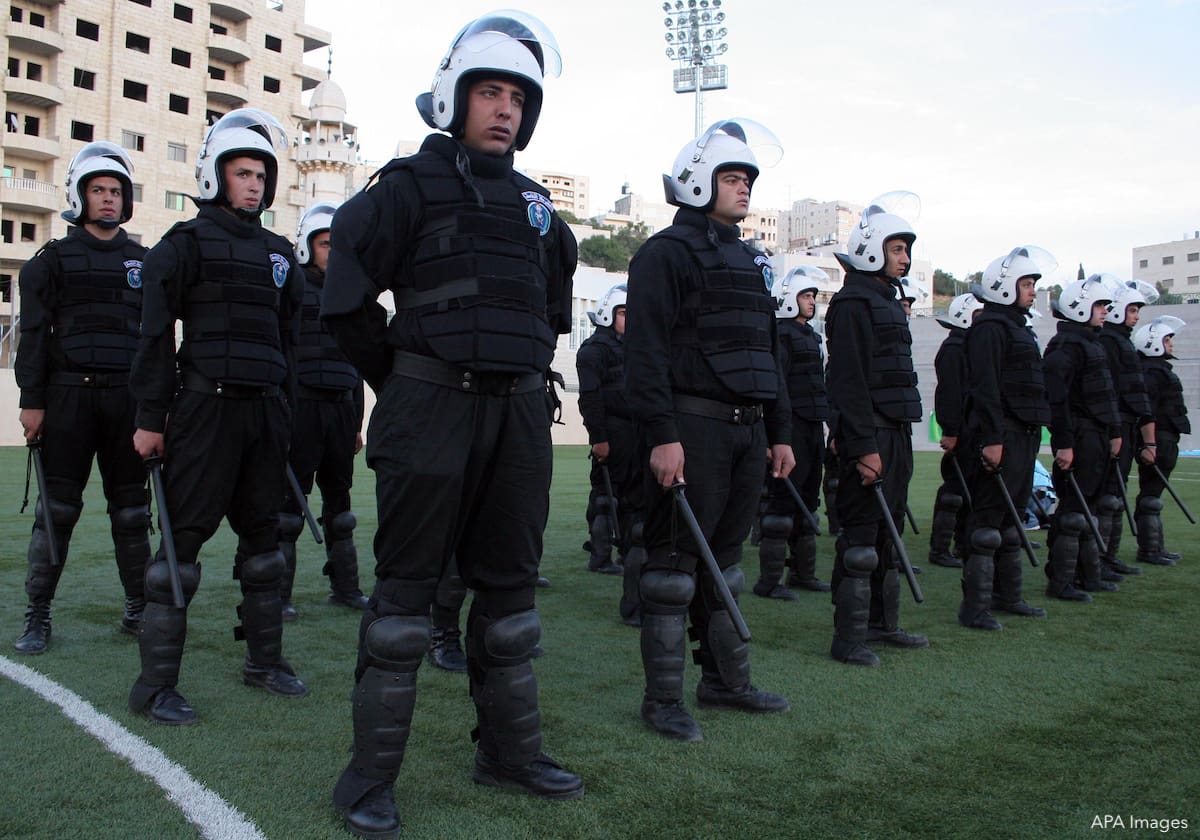
The Palestinian Authority’s security sector has grown faster than any other part of the government, potentially putting Palestine on track to a police state. With the unity government moving into Gaza after Israel’s terrible 51-day assault, Al-Shabaka Policy Member Sabrien Amrov and Program Director Alaa Tartir call for the urgent need to reform the donor-driven “reform” of a sector that only serves Israel’s colonization project. Read the policy brief or the executive summary.
What Forces Shape the Palestinians of Gaza?
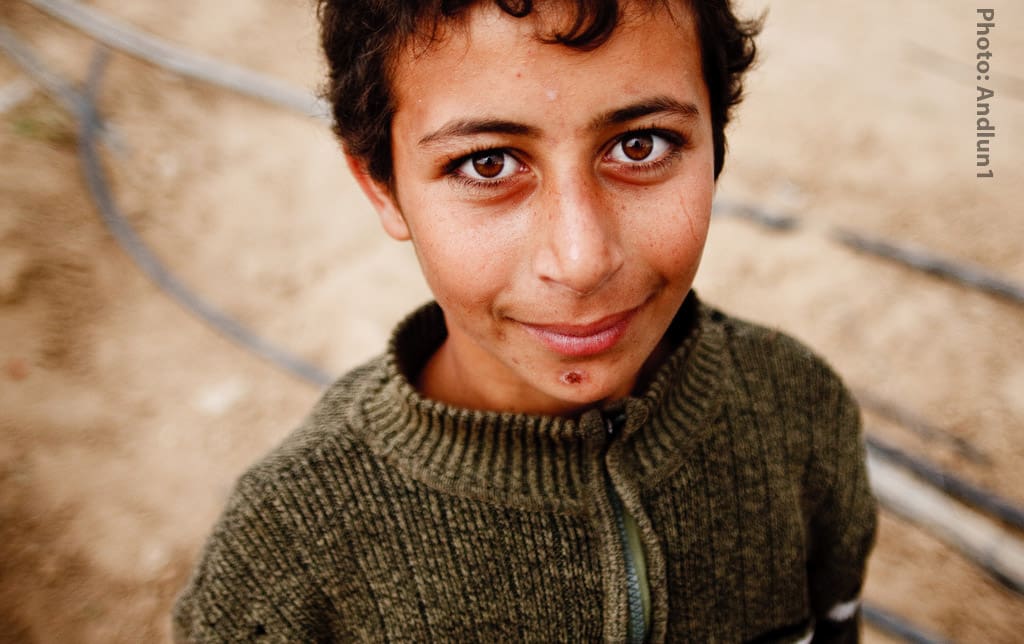
Despite the horrific death and destruction that Israel visited upon Gaza, it was not able to achieve its aims, due in part to a unified stand by Palestinian resistance factions. Al-Shabaka Policy Advisor Randa Farah draws parallels to a 13th century battle in examining the forces, past and present, that have shaped the Palestinians of Gaza and sets the Palestinian cause in its regional context.
Drying Palestine: Israel’s Systemic Water War
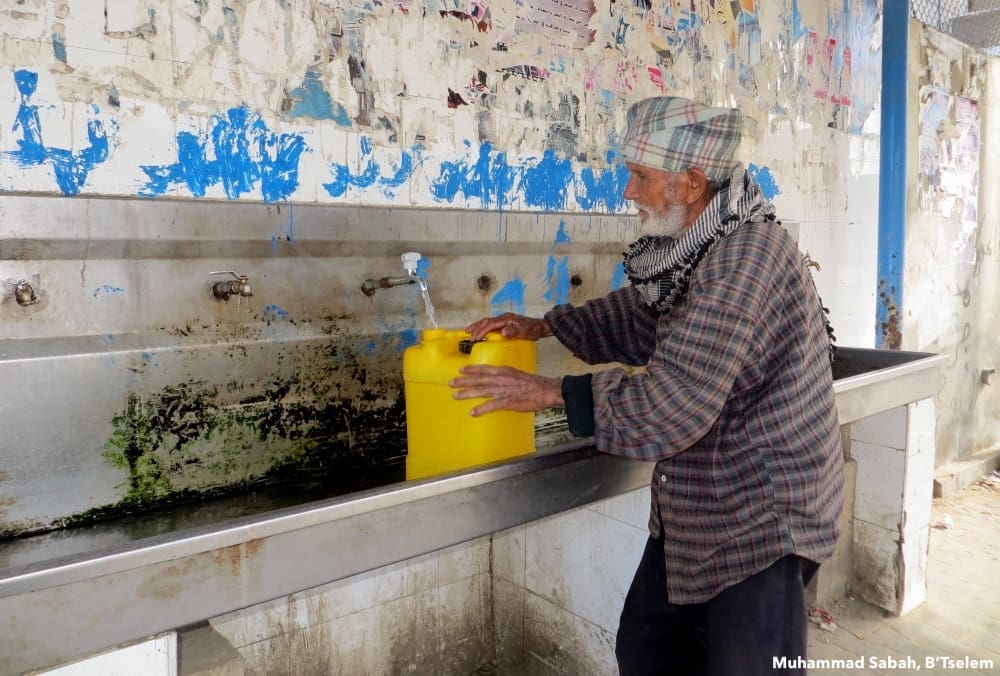
Israel’s targeting of water infrastructure during the latest Gaza onslaught has caught global attention, but much less noticed is the systemic water war that has been waged on Palestinian populations for decades. Tracing its three different battlefronts, Al-Shabaka Member and environmental researcher Muna Dajani looks at how military strikes, security programs, and permit systems have been destroying Palestinian water infrastructure and local resource-management systems, and calls for change.
Honor the Victims: Avoid Past Mistakes in Reconstructing Gaza
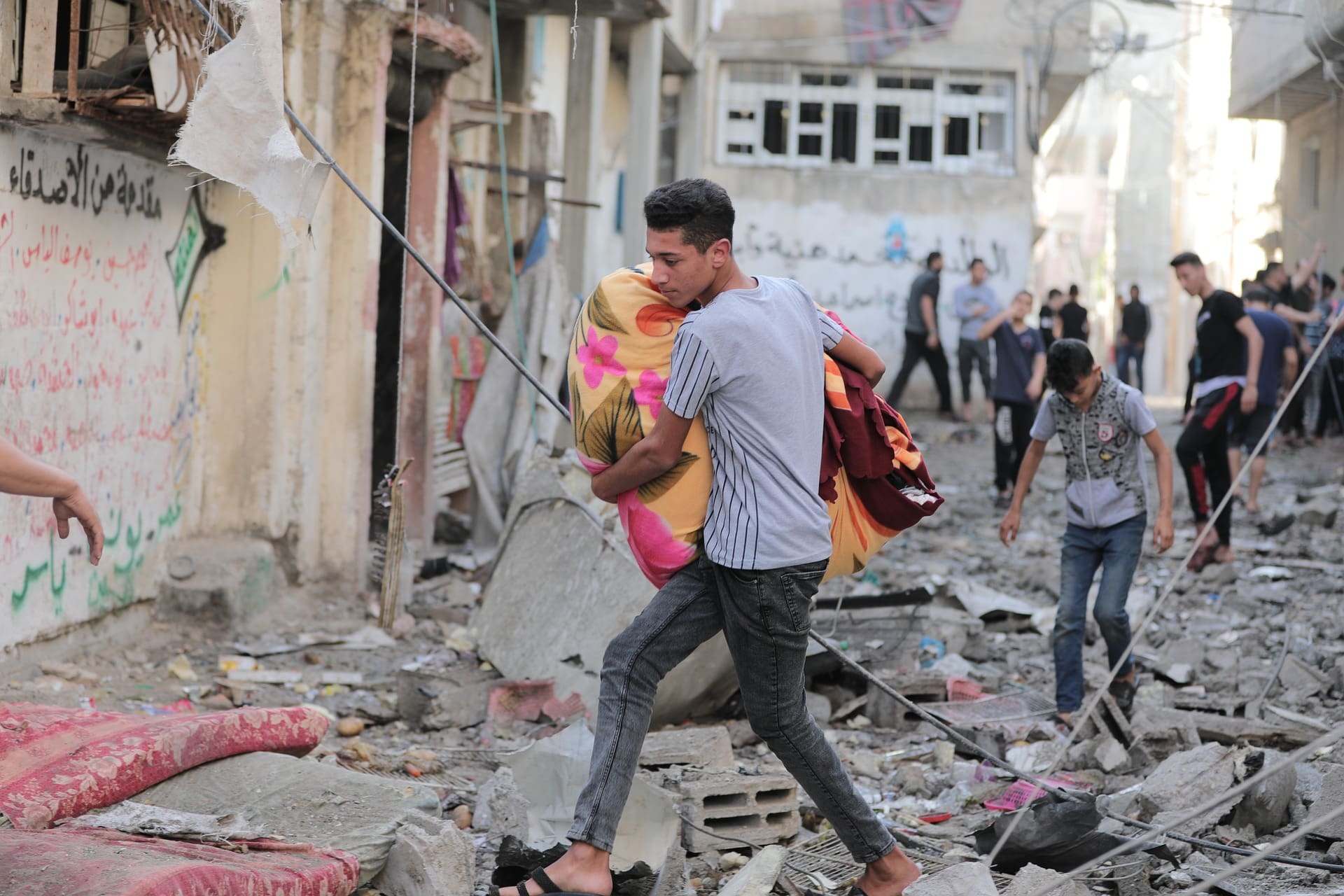
Israel’s third war on Gaza has been the worst. A greater death toll, the compounded effects of a seven-year-long siege, plus unaddressed damage from previous wars will make it far more difficult to reconstruct. Ahead of the international donors conference planned for September, Policy Advisor Omar Shaban sets out the short- and medium-term needs and argues that an end to the siege of Gaza and the participation of Gaza-based stakeholders is crucial if the reconstruction process is to succeed.
Another Casualty of Israel’s Wars: Palestinians’ Right to Education
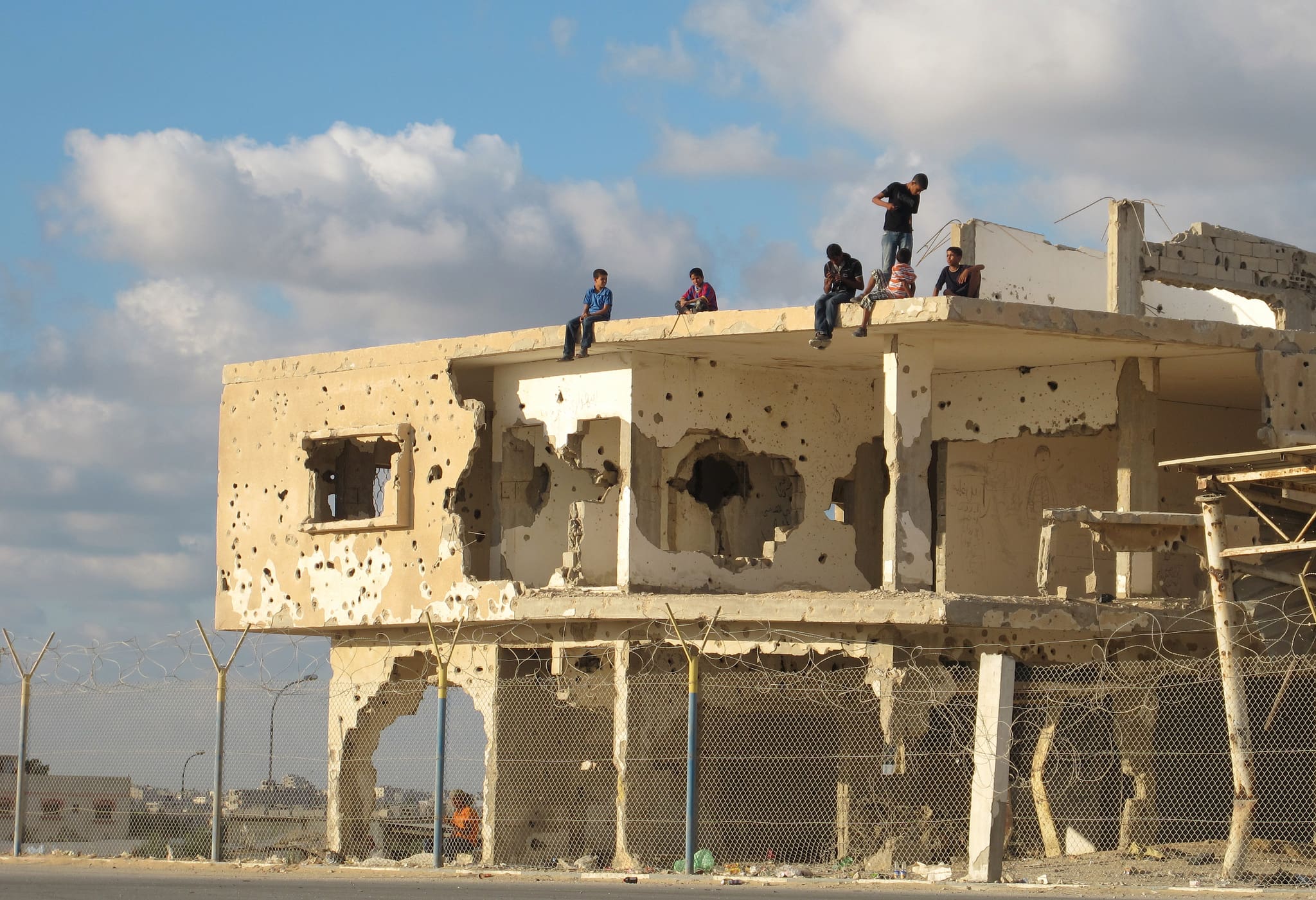
Palestinian educational institutions, faculty, and students have not been spared the violence of Israel’s military crackdown across the Occupied Palestinian Territory this summer. Campus raids, the confiscation of student property, and airstrike damage to schools are just some examples of Israel’s recent acts of aggression against education.
Israel’s West Bank Operation: Causes & Consequences

Many have speculated that Israel’s largest West Bank offensive since the 2nd Intifada had among its aims the provoking of mass unrest at a time when Palestinians remain fragmented and can be more easily beaten down, notes Policy Advisor Mouin Rabbani. He argues that only a dynamic Palestinian strategy that includes internationalization and the rebuilding of national institutions can arrest and reverse Israel’s impunity in its dealings with the Palestinian people.
What’s Stopping the 3rd Intifada?
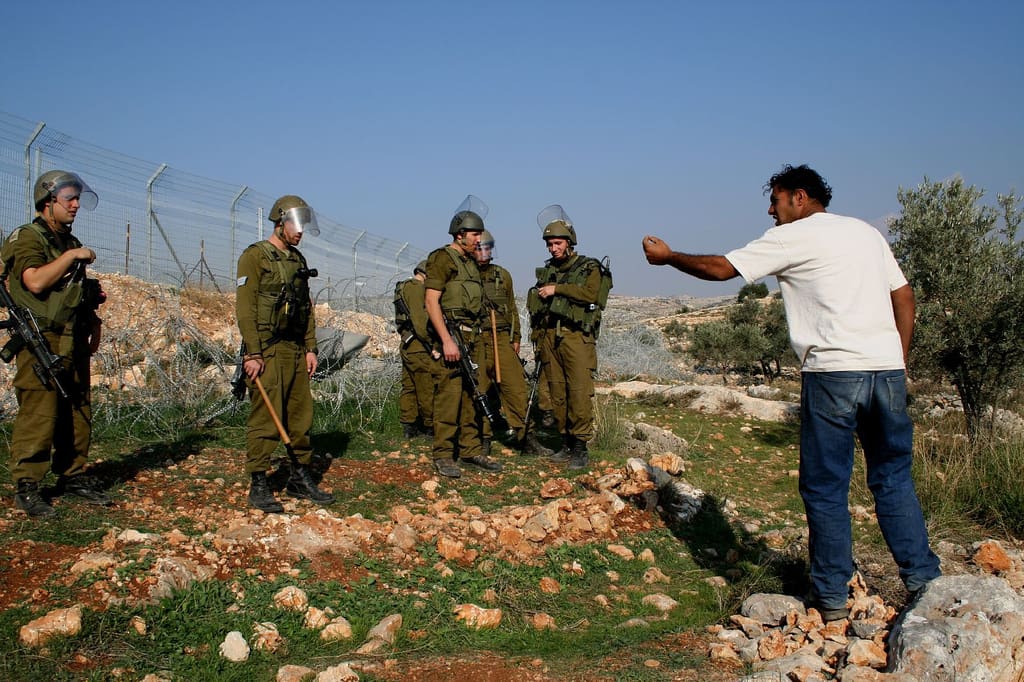
Israel’s repression of Palestinians has never been as great as it is today. With no political solution in sight, the possibility of a 3rd Intifada in the Occupied Palestinian Territory seems inevitable. However, Al-Shabaka Policy Advisor Jamil Hilal is doubtful and highlights other powerful forces that make a 3rd Intifada unlikely to happen soon.
Palestinian Dead End Highlights the Right of Return
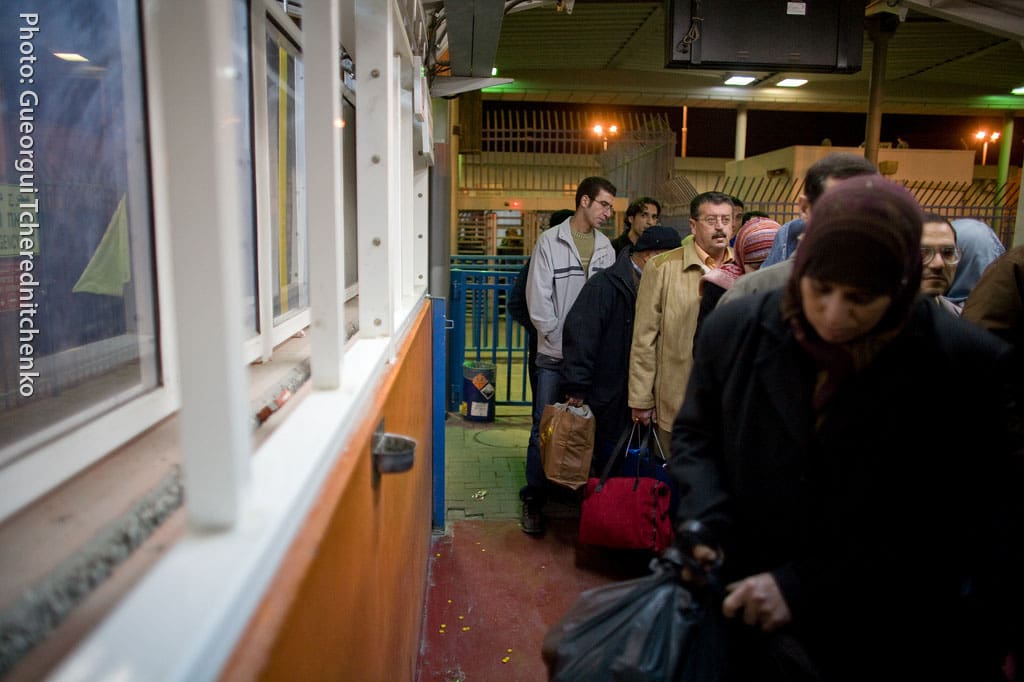
The Palestinian people must hold the Palestinian leadership accountable for the persistent failure of negotiations. As Al-Shabaka Policy Advisor Randa Farah argues, the PLO/PA should not replace different forms of resistance to the occupation with unlimited negotiations while finding itself under pressure to actively work to halt other acts of resistance simply for these negotiations to continue – and should remember the centrality of the right of return.
An Illegitimate Leadership Can Sign Away Rights
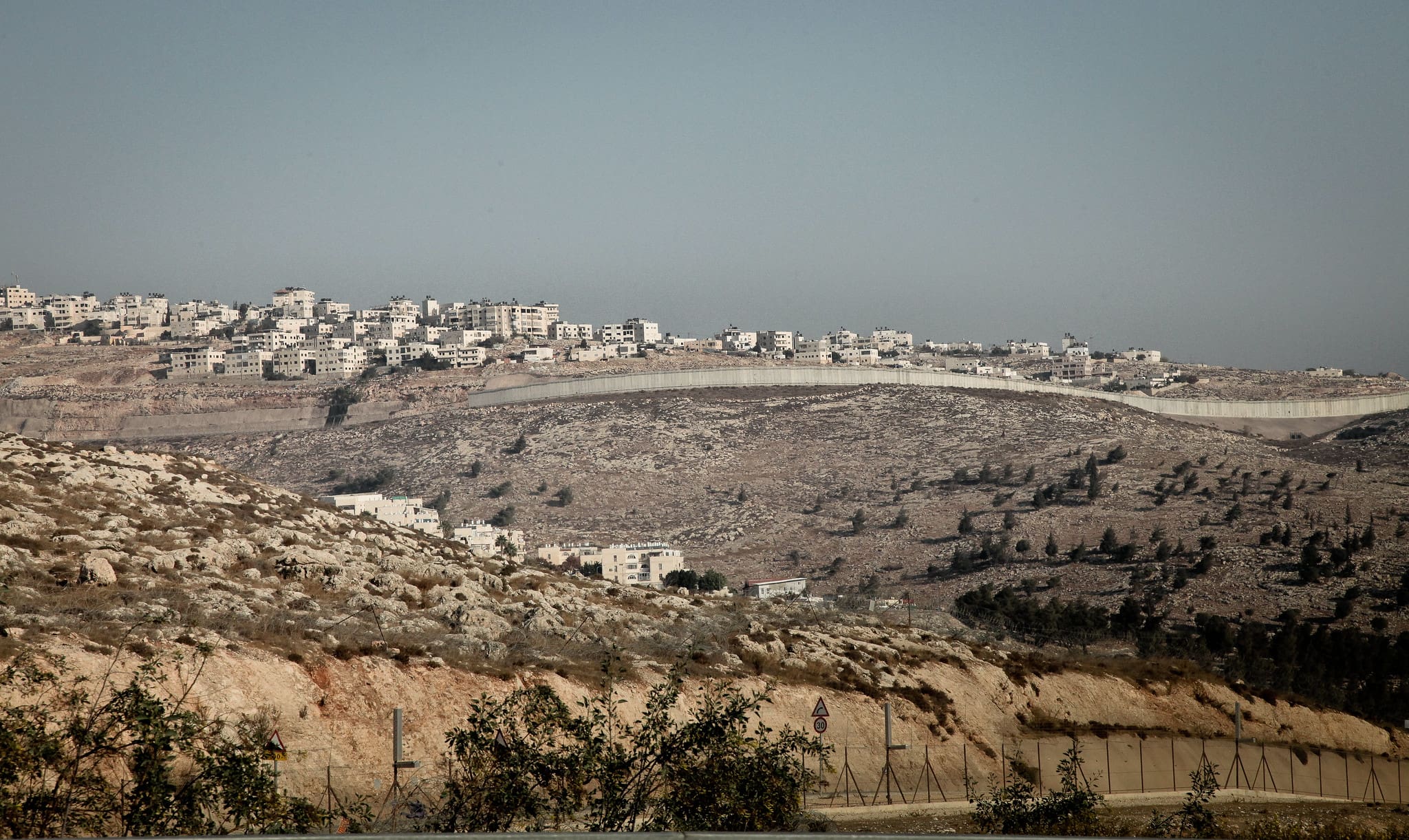
As Palestine Liberation Organization chairman Mahmoud Abbas heads to Washington to meet U.S. President Barack Obama, Palestinians are fast approaching a critical juncture in the U.S.-driven negotiations with Israel. Al-Shabaka Policy Member Zachariah Sammour warns of the grave implications and urges an immediate and sustained response by all Palestinians, including those in the Diaspora who may stand to lose their historic claim of return to the homeland.






